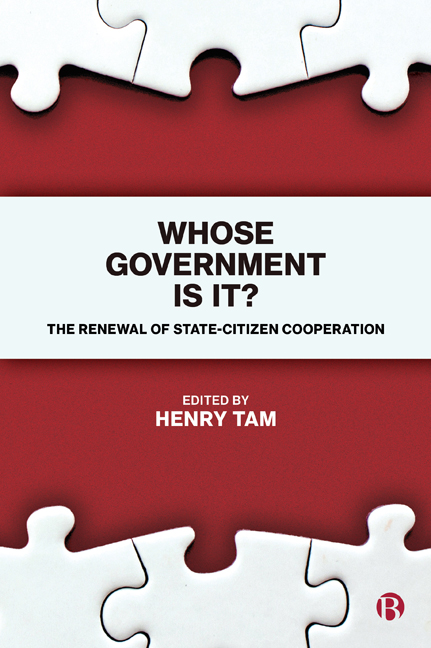14 - Developing Public−Cooperative Partnerships
Published online by Cambridge University Press: 27 April 2022
Summary
The era of curtailing state power by passing more and more of it to private corporations could be coming to an end. In the UK, the country that has championed privatisation in all forms since the 1980s, contractors of public services have increasingly been found to be totally unreliable. The collapse of Carillion, for example, not only revealed a balance sheet overwhelmed with £900 million of liabilities and a company pension scheme deficit of £590 million, but has called into question the future of PFI (private finance initiative). Along with other failures, it is leading to growing policy work on alternatives to relying on the private sector to meet public objectives (Press Association, 2018). Innovative public policy action has indeed been emerging in the UK, the US and cities from Barcelona and Bologna to Cardiff and Montreal. And they all share a strategic focus on the development of public‒cooperative partnerships to meet basic needs, create better employment and improve public services.
The vocabulary varies. In the US the term ‘pluralist commonwealth’ is used, while in regions of Italy, Spain, Portugal and France ‘solidarity economy’ and ‘commons’ are deployed (Alperovitz, 2013; Bollier, 2017). What these approaches have in common is the goal of creating forms of democratic ownership that provide agency and control to the partners and those involved in the development and provision of services. Public‒cooperative partnerships were first proposed and experimented with in the UK during the 1920s, and then revived but again curtailed in the 1980s. This chapter explores the past and recent history of public‒cooperative partnerships and draws out the lessons to be learned for informing a new social contract between the state and the public – both to improve public services but also more fundamentally to meet basic needs where deregulated markets are failing in respect to housing, social care, health services, energy, finance and decent work.
Public services that ‘take back control’ for democratic Stakeholders
Since the early 1990s the promise of outsourcing has rested on the policy argument that the corporate sector is more efficient and would deliver cheaper public services. A National Audit Office report released three days after Carillion went bust revealed that Whitehall still has no means of measuring if PFI contracts are value for money.
- Type
- Chapter
- Information
- Whose Government Is It?The Renewal of State-Citizen Cooperation, pp. 229 - 244Publisher: Bristol University PressPrint publication year: 2019



